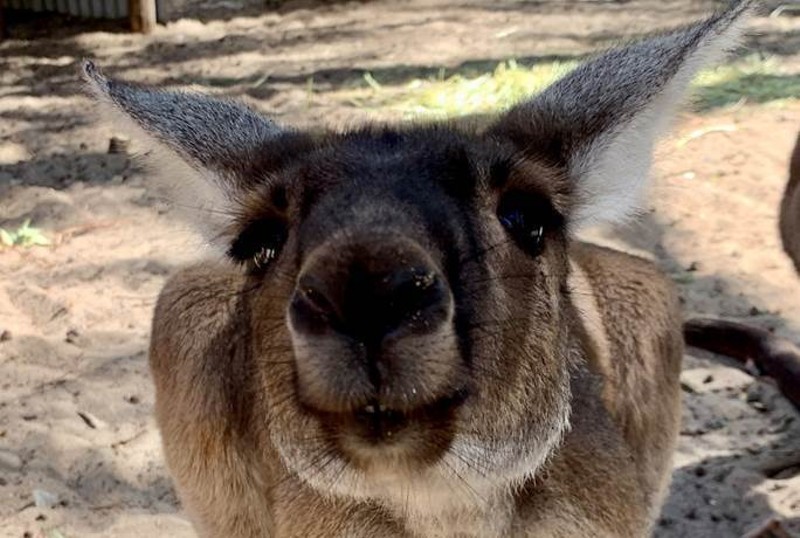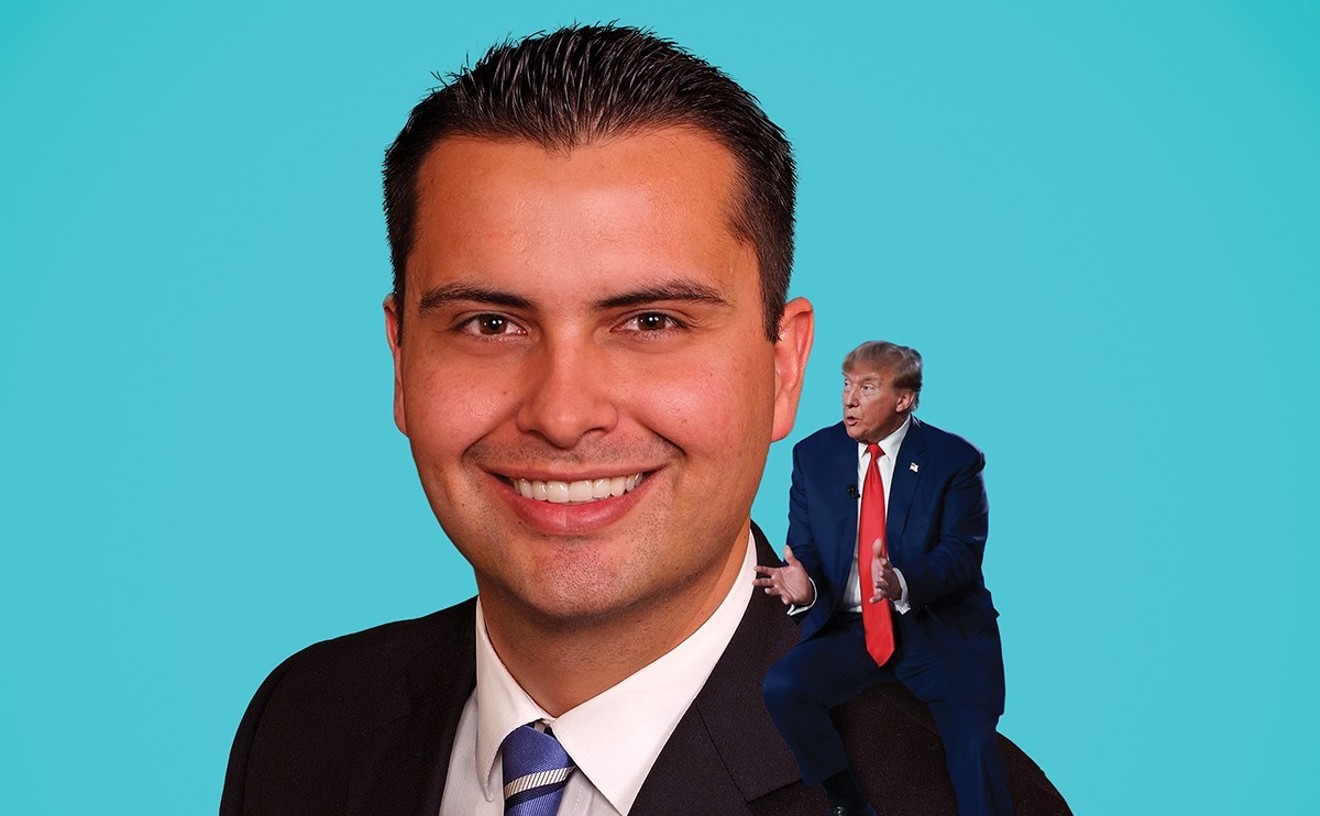While shopping for pickleball shoes at a popular sporting goods store in downtown Boulder, small talk among shoppers turned into a captivating conversation about kangaroos, as well as sports shoes.
Anything involving pickleball and kangaroos would likely pique anyone’s interest. It started as my sales guy brought out a stack of boxes, opening the one with a Nike swoosh.
“Oh, no, I don’t buy Nike,” I said, swatting at the box to go away. Nike became kryptonite when I heard that the number-one global shoe manufacturer, among others, uses the skin of kangaroos slaughtered mercilessly in the Australian wild to make some soccer cleats.
In mid-March, Nike, along with Puma, announced it will cut corporate ties to the bloodstained commercial kangaroo-killing industry (more on that seismic corporate policy change later).
My salesperson seemed uninterested, but the woman trying on tennis shoes next to me wanted to know more. Nike was on her nice-not-naughty corporation list, she said, because of its recently proven corporate moral values, mainly supporting women.
In 2019, Nike declared its Year for Women and rolled out its “Dream Crazier” campaign with tennis star Serena Williams at the center of what was a brilliant marketing campaign message to empower women athletes everywhere. But that same year, Nike was also continuing to participate in and help drive the largest massacre of land mammals anywhere on Earth — up to two million each year — by putting kangaroo skins into sports shoes to make a profit.
A good comparison here can be made with the infamous harp seal hunts of the 1980s, when pups just days old, unable to get away from sealers on the Canadian ice, were targeted for their pelts. People were horrified at the mass killing of defenseless wildlife, yet the kangaroo slaughter is ten times larger than that atrocity.
My fellow shopper was genuinely concerned to hear that the commercial kangaroo industry sanctions the shooting of mother kangaroos at night with joeys still in their pouches. Hunters are allowed to chase down young kangaroos that are just old enough to hop away, then bash in their skills with rocks.
The National Code of Practice for the Humane Shooting of Kangaroos and Wallabies for Commercial Purposes instructs shooters to try to either decapitate or bludgeon to death the joeys after they watch their mother kangaroos get killed. This is what the industry, backed by the government, calls humane standards.
If that passes for “humane” with the Australian government, one shudders to think what that government considers “inhumane.”
Not many people know about this dirty secret, except for compassionate Aussies who continue to protest against a killing industry inside their own country and want to protect their iconic and vulnerable wildlife from such cruel actions.
The nonprofits where I work, Animal Wellness Action and Center for a Humane Economy, joined these Australian animal advocates and funded the international Kangaroo Protection Alliance in the spring of 2021.
Here in the United States, we initiated a campaign in 2020 called Kangaroos Are Not Shoes. We’ve held protests in Oregon, headquarters to Nike; we've introduced legislation in several states this year — including Arizona, Connecticut, New Jersey, Oregon and Vermont — to ban sales of products made from kangaroos. The overseas industry has fought us all along the way, even lobbying Congress to somehow stop American lawmakers from doing their jobs by listening to their own constituents. California is currently the only state with such a law.
Returning to the big news on roos: In early March, Puma announced plans to replace its kangaroo, or “k-leather,” shoes with a 20 percent recycled non-animal material called “k-better,” which was thrilling enough. But when Nike declared two weeks later that it, too, will phase out its use of “k-leather” through 2023, it was time for a happy dance for all the kangaroos that won’t be made into shoes.
Adidas remains strangely silent this spring, though.
On May 2, our nonprofits’ leadership, including veterinarian Annie Harvilicz, physician Deborah Wilson and Wayne Pacelle, jointly sent a letter to Adidas CEO Bjørn Gulden in Germany, suggesting that Adidas make this same “course correction” because “consumers want products that are unaffiliated with animal cruelty,” and that continuing the affiliation is a “reputational risk” to this company. “We hope to celebrate an announcement by Adidas that it will stop sourcing of skins from wildlife killed in their native habitats,” the letter concludes, offering to discuss this issue in person.
Westword readers can read the entire letter (and soon, perhaps, the response) by visiting our website, animalwellnessaction.org, and clicking on Kangaroos Are Not Shoes.
While we wait to hear back, the fact that two of the world’s leading sportwear manufacturers have decided to no longer lend financial support and global influence to a killing industry cannot be overstated.
Did Nike and Puma gain a moral conscience? Probably not. Most likely, executives felt the pressure from our campaigns with allies overseas who are exposing mass cruelty that is resonating with shoppers right now as they sign their kids up for soccer — or try on shoes for pickleball. It was another brilliant move, actually, as evidenced by more than 100 news stories, including one in the Washington Post, saturating sports media, outdoor and fashion publications, and style and finance magazines in the first few days of the announcement — in every country and in every language where soccer reigns supreme.
Synthetic, non-animal shoes are also better performing, but these recent major policy decisions are no doubt a result of powerful corporations listening to their consumers and realizing they must operate within a humane economy to be successful. It’s exciting and inspiring when profit motive aligns with moral decision-making, and mass killing is clearly not an activity that should be tied in any way to family sports or supported with our hard-earned dollars.
Now it’s time for Adidas to start listening.
Julie Marshall is National Communications Coordinator and Colorado State Director for Animal Wellness Action and Center for a Humane Economy based in Washington, D.C. She is a Colorado native and former opinion editor for the Daily Camera; she's the author of Making Burros Fly, a biography of the late Cleveland Amory, celebrity media personality and global animal advocate.
[
{
"name": "Air - MediumRectangle - Inline Content - Mobile Display Size",
"component": "12017618",
"insertPoint": "2",
"requiredCountToDisplay": "2",
"watchElement": ".fdn-content-body",
"astAdList": [
{
"adType": "rectangle",
"displayTargets": "mobile"
}
]
},{
"name": "Editor Picks",
"component": "17242653",
"insertPoint": "4",
"requiredCountToDisplay": "1",
"watchElement": ".fdn-content-body",
"astAdList": [
{
"adType": "rectangle",
"displayTargets": "desktop|tablet"
},{
"adType": "rectangle",
"displayTargets": "desktop|tablet|mobile"
}
]
},{
"name": "Inline Links",
"component": "18838239",
"insertPoint": "8th",
"startingPoint": 8,
"requiredCountToDisplay": "7",
"maxInsertions": 25
},{
"name": "Air - MediumRectangle - Combo - Inline Content",
"component": "17261320",
"insertPoint": "8th",
"startingPoint": 8,
"requiredCountToDisplay": "7",
"maxInsertions": 25,
"watchElement": ".fdn-content-body",
"astAdList": [
{
"adType": "rectangle",
"displayTargets": "desktop|tablet"
},{
"adType": "rectangle",
"displayTargets": "desktop|tablet|mobile"
}
]
},{
"name": "Inline Links",
"component": "18838239",
"insertPoint": "8th",
"startingPoint": 12,
"requiredCountToDisplay": "11",
"maxInsertions": 25
},{
"name": "Air - Leaderboard Tower - Combo - Inline Content",
"component": "17261321",
"insertPoint": "8th",
"startingPoint": 12,
"requiredCountToDisplay": "11",
"maxInsertions": 25,
"watchElement": ".fdn-content-body",
"astAdList": [
{
"adType": "leaderboardInlineContent",
"displayTargets": "desktop|tablet"
},{
"adType": "tower",
"displayTargets": "mobile"
}
]
}
]











